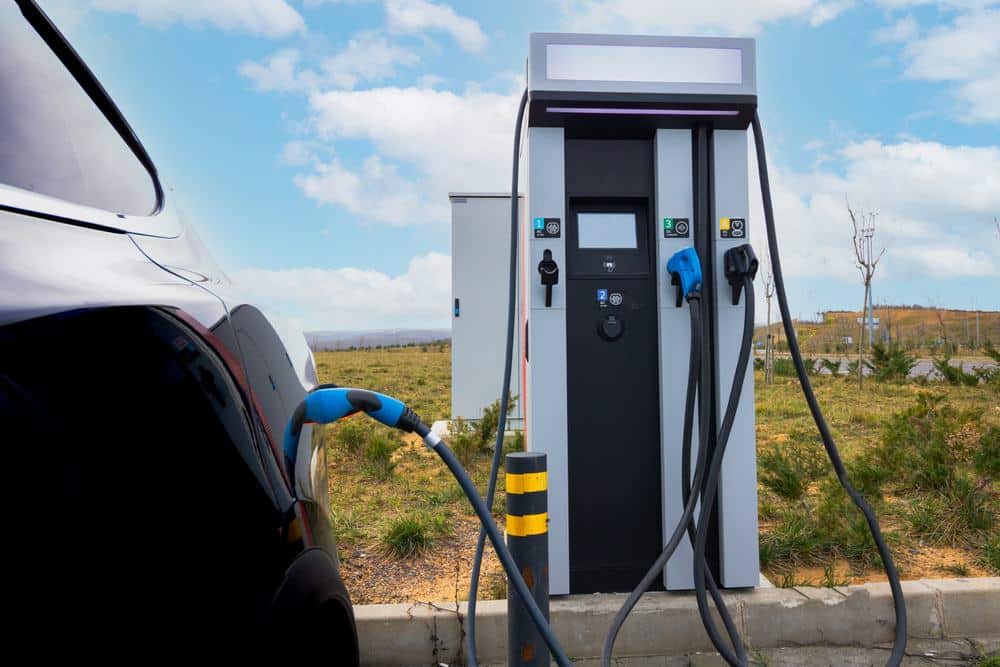As the world shifts towards sustainability, the rise of electric vehicles (EVs) is undeniably reshaping various sectors, including the camping industry, which leads to both challenges and opportunities.
A recent podcast episode from All Electric Family titled “The Future of Camping: Will EVs Ruin Camping?” delves deep into the implications of this shift, presenting a multifaceted discussion on the topic.
The podcast begins addressing the concerns of traditional campers who fear that the essence of camping might be lost with the influx of EVs. The serene environment, characterized by the sounds of nature, could be overshadowed by the hum of electric cars and the buzz of charging stations.
There’s a genuine worry that campgrounds might transform into electric parking lots, losing their rustic charm. However, the episode brings forth the perspective of eco-conscious campers who view EVs as a step towards sustainable camping.
During a panel discussion at a Florida conference last year, David Basler from the National Association of RV Parks and Campgrounds (ARVC) revealed that 57% of campers who own or intend to purchase an EV within the next year consider the availability of a charging station crucial when selecting a campground.
By reducing carbon footprints and promoting cleaner transportation, these campers argue that they are ensuring the natural beauty of these sites remains preserved for future generations.
This adaptation is already in motion. Evcamping in a piece titled “Can You Charge Your Electric Car at an RV Park Campground?” sheds light on the growing infrastructure supporting EVs in camping areas.
KOA (Kampgrounds of America), for instance, has been at the forefront of adapting to the evolving needs of campers, integrating charging stations at some of their locations to ensure that EV-driving campers can recharge their vehicles while enjoying their stay.
This initiative not only caters to the growing demographic of EV owners but also reinforces KOA’s commitment to sustainability and modernization, enhancing the overall camping experience for its guests.
Le Balcon de la Baie is another example from Europe that has taken a step towards sustainability by introducing an electric vehicle (EV) charging station for its guests, which ensures eco-conscious travelers can conveniently recharge their vehicles while immersing themselves in the serene surroundings.
It is evident that many RV parks and campgrounds are now equipped with charging stations, allowing EV campers to recharge their vehicles alongside traditional RVs. This integration not only benefits EV owners but also campgrounds, as they can attract a broader range of visitors.
However, the transition isn’t without its challenges. Infrastructure development requires significant investment, and there’s a learning curve associated with understanding the needs of EV campers.
“Plugging your EV into a traditional 50-30 amp campground pedestal could permanently damage your vehicle as well as the campground’s electrical system,” as KOA wrote, emphasizing EV’s charging converter should fit with the campground’s electrical infrastructure.
Meanwhile, the podcast also touches upon the economic implications for campground owners. While the initial investment in charging infrastructure might be hefty, there’s potential for a significant return on investment. As more people transition to EVs, campgrounds equipped with charging stations could see increased footfall, leading to higher revenues.
By catering to this growing demographic, campgrounds can position themselves as forward-thinking and environmentally responsible, enhancing their brand image and reflecting a potential for partnerships between EV manufacturers and campgrounds that could open new opportunities.
The integration of electric vehicles into the camping landscape is a topic rife with diverse opinions. While concerns about preserving the traditional camping experience are valid, the potential benefits – both environmental and economic – cannot be ignored. It’s clear that the camping community will need to find a harmonious balance.


